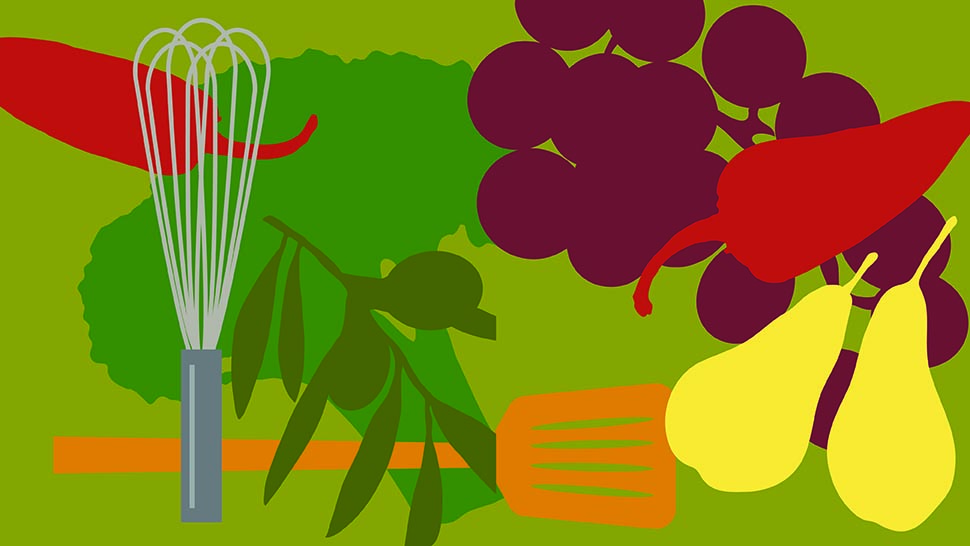
Unfortunately, queer history of the American kitchen isn’t easy to find. Even a gay chef as famous and ubiquitous as James Beard was not acknowledged for his sexuality despite officially coming out in in a revised version of his memoir, “Delights and Prejudices,” in 1981. It has been socially acceptable to divorce someone’s identity from their creativity.
The writer John Birdsall is well-known for his work in exploring the queer history of food. In his integral essay “America, Your Food Is So Gay,” Birdsall expresses that gay men like James Beard changed what food meant in America to be “food that takes pleasure seriously, as an end in itself, an assertion of politics or a human birthright, the product of culture — this is the legacy of gay food writers who shaped modern American food.”
Inspired by Birdsall, and thanks to his efforts to dig up this history, here are just a few of the many impactful LGBTQ+ culinarians that changed or are truly changing the world of food.
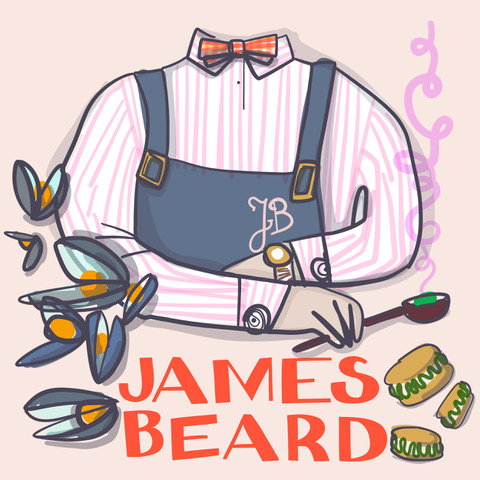
James Beard
James Beard pioneered food television, authored nearly two dozen books, and inspired generations to think of food differently. His face and namesake grace the most coveted prizes in food: the James Beard Award. Until recently, there was little talk about an important detail of his life: that he was also gay. John Birdsall noticed this large discrepancy in the way James Beard was presented, and believed it was grounds for investigation. He published The Man Who Ate Too Much: The Life of James Beard to explore and recover the hidden legacy of one of the most ubiquitous names in food. Birdsall explores how Beard’s legacy reveals the complicated relationship between sexuality and food; furthermore, he points out that Beard communicated his identity through his food — the two are not separable.

Dominique Crenn
Crenn is the first and only female three-star Michelin chef in the United States and has won multiple James Beard Foundation Awards, but she didn’t win these accolades because of sticking to tradition in the kitchen. She believes that sexuality, gender, and other identities should not be ignored within the kitchen, acknowledging that “we can’t truly be ourselves until we share our story.” Birdsall explained that Crenn is one of the first to break out of the mold of the mid-20th century in the United States. She showcased that women belong in the culinary world and uses her fame and influence to create a more inviting space in the kitchen for LGBTQ+ folks.
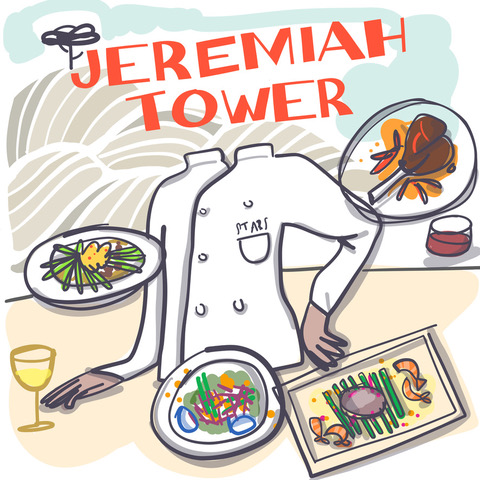
Jeremiah Tower
Tower entered the culinary world as a chef at Alice Waters’ Chez Panisse, bringing ideas and ways of thinking about menus that would seem unconventional (at best!) by his peers who were focused on classic French cuisine. Birdsall explored Towers’ history, revealing that his unique methods were really what put Chez Panisse on the map. He turned “dinner into an event, a moment destined to blaze up and fade, ultimately memorialized in a physical menu you could frame and hang on a wall, both the document and the trophy, not just memorializing some abstract run of dishes and wines, but an experience.” He also had the habit of bringing to the forefront hidden and underappreciated aspects of historical French foodways.
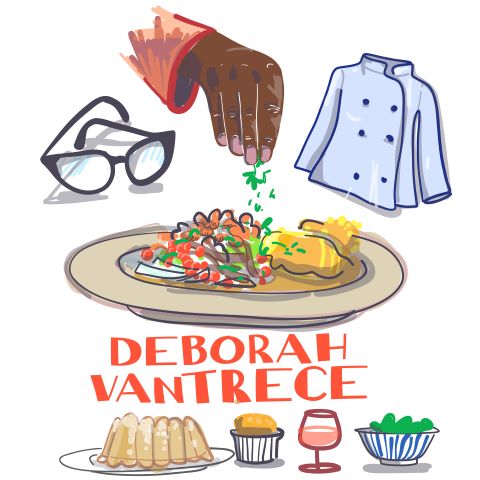
Deborah VanTrece
VanTrece is a proud Black restaurateur, member of the LGBTQ+ community, chef, business owner, author, and more. She has worked for decades in food and hospitality and celebrates the intersection of food and culture, recognizing that social justice shouldn’t be a foregone aspect of the food industry. She also works to elevate marginalized voices in the industry and helps people in her community come to a better understanding of their own food culture and traditions.
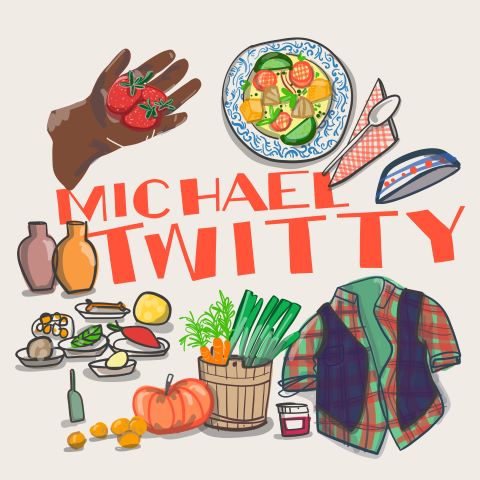
Michael Twitty
Twitty is a Black Jewish member of the LGBTQ+ community, a historian, a James Beard Award winning author, a scholar, and a chef. He aims to preserve and promote Jewish and African American foodways and traditions through what he calls “identity cooking,” a term he coined referring to how he is reclaiming and celebrating a complex mix of histories and flavors that constitute his identity. He wrote a powerful essay after the 2016 mass shooting at the Pulse nightclub in Orlando titled “I’m Gay and This is Why You Should Care” that explores how his sexuality also plays a central role in his identity in the kitchen and beyond.
While most LGBTQ+ culinarians have been hidden throughout history, creating true inclusion in the food system means recognizing all of those who have an impact on it. This story is still being written and revealed every day by LGBTQ+ culinarians who are fighting to take up space in the industry and make kitchens more inclusive spaces.